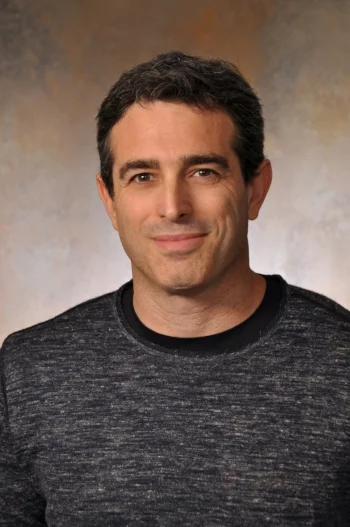Join us for a taste of data and microbes as we hear from two local scientists about their research!
Invisible Influence: How microbes rule our lives
Jack Gilbert, University of Chicago
The human microbiome is quickly being recognized as a dynamic part of the human ecosystem, and research is starting to demonstrate that using ecology to understand this ecosystem has profound benefits for patient wellness. The immune system controls our interaction with the microbial world, and yet the microbial communities in our bodies are central to modulating the immune response. Changes in the human microbiome have substantial influence on atopy, neurological disorders, metabolic disorders, and a range of complex conditions and disease states. We will discuss evidence of these mechanisms of interaction and how we have started to disturb the delicate balance of the immune-microbe equilibrium, impacting the development and function of our immune systems. Central to this disturbance is the distance we have placed between our children and the microbial world, which has been demonstrated to have a substantial influence on their physiological, immunological, neurological and even endocrinological development. We are now able to significantly reduce cows milk allergy in infants through active manipulation of the gastrointestinal microbiota. We can also reduce surgical infections by feeding the microbiome, preventing virulence activation, and reduce sepsis by using the microbiome to stimulate immune activation. Applying new strategies to identify how microbes influence disease and wellness is altering the trajectory of precision medicine, and providing a new framework for facilitating patient care.
From basic research to transnational medicine
Yoav Gilad, University of Chicago
Over the last decade we have been witnessing some of the fastest transitions from basic research to clinical applications. Yet, at the same time, basic research has been under unprecedented attacks. I will try to help develop a better appreciation of the tight linkage between basic research and human health and demonstrate how basic research is needed to ultimately improve standard of clinical care. I will do so by first sharing anecdotal stories about unpredictable but entirely expected benefits of so-called basic research. I will also talk about a few rather poor examples of science communication, which probably contributed to the erroneous feeling that research funds are often wasted on futile enterprises. I will then explain the general genomic paradigm and argue that we should stop making priority distinctions between basic and clinical research.
Event information:
- This event is 21+ only
- Drinks and food will be available for purchase
- In the event of any last-minute event cancellations, we will post an announcement on our TOS Chicago webpage, Facebook, and Twitter
- If you are interested in volunteering for any of our events, please email us at chicago@tasteofscience.org


